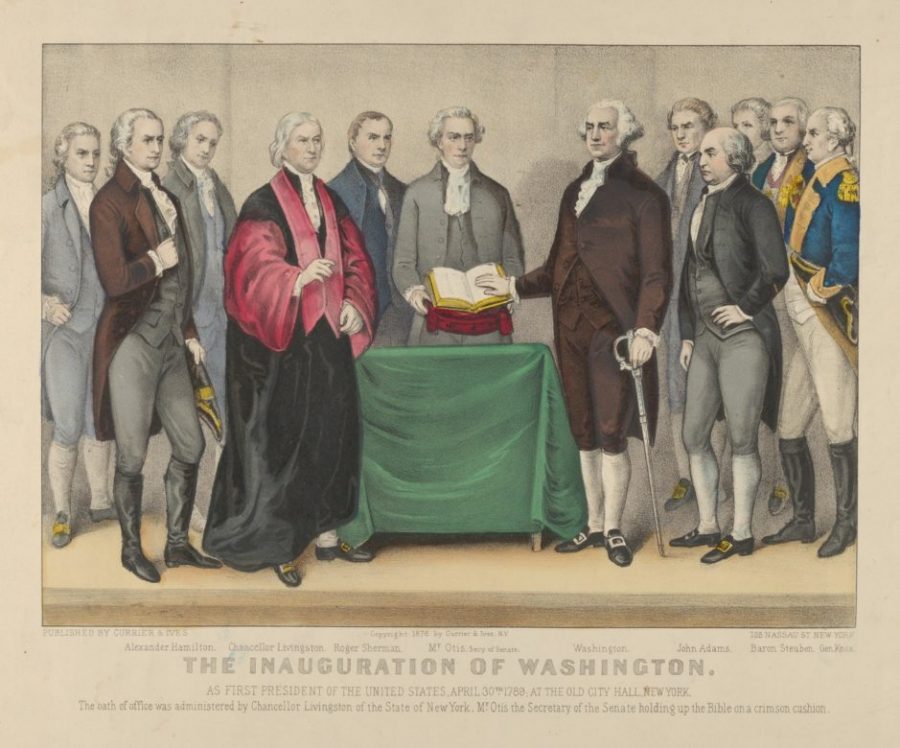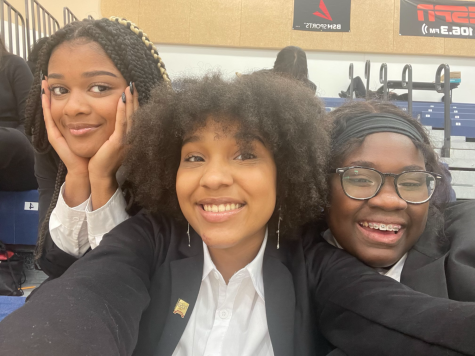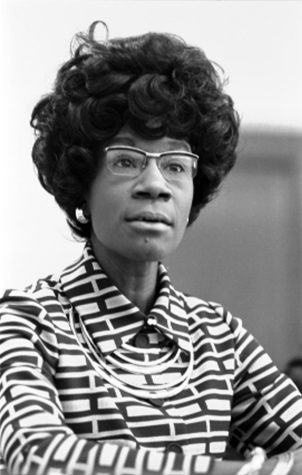Peace, Unity, Hope: A Reflection on Past Inaugural Addresses this President’s Day
Courtesy of The Metropolitan Museum of Art, Bequest of Adele S. Colgate, 1962. This image depicts the nation’s first president, George Washington, being sworn into office.
February 15, 2021
On January 20, 2021, the 46th president of the United States, Joe Biden, was inaugurated. This marked the beginning of his four year term of presidency.
The United States will turn 245 years old this year. Within those 245 years, 45 presidents have held office, each presenting the nation with a unique inaugural address to signify how they intend to lead the American people. Every president has hoped to capture similar virtues within their speech, such as unity and peace. While doing so, they also strive to be as personable as possible to show that they are part of the American people as well. Several speeches have effectively called Americans to action to change their lifestyles or perspectives of current events circa their inauguration time. The most memorable speeches incorporate these aspects while keeping in mind the individuality of the American people and country itself. While many Presidents have done a grand job delivering inaugural addresses, Franklin D.Roosevelt, George Washington, and John F.Kennedy will be highlighted this President’s Day.
Near the end of the Great Depression , many Americans felt helpless and exhausted. In the midst of these dark times, Roosevelt’s speech acted as a “beacon of hope”. Roosevelt discussed the havoc the Depression had on the country in a way all Americans could understand. His ability to sympathize and relate to the nation’s civilians made his speech personable; many Americans felt like their President was speaking directly towards them. Roosevelt’s evaluation of the nation’s problems and what needed to change showed his plan clearly, with an emphasis on action for positive economic and social change. To this day, Roosevelt’s inaugural address is remembered for its distinctiveness.
The first inaugural address would set precedence for those that followed. Washington emphasized that he hoped to properly represent the American people, and not act as a monarch like Britain had. He wanted a government to represent the American people unlike those under the British parliament. Furthermore, Washington focused on the importance of unity, and this virtue’s impact on creating stability in the country. He understood the influence his actions would have on the nation’s future, and that he would set the precedent for his successors.
John F. Kennedy acknowledged international struggles such as increasing poverty and foreign tensions. Similar to other addresses, he recognized the importance of American unity and boldness. He points out the essentialness of coming to peace with foreign nations and that differences in opinion needed to be addressed in peaceful, but still bold, manners. He looks upon past demonstrations of power and strength in the 50 states, but understands the necessity of not backing down from current and future issues.
Inaugural addresses are important for understanding the nature and goals of the president taking office. While there are obvious similarities between each speech, each president strives to make their speech distinctive and historic.











